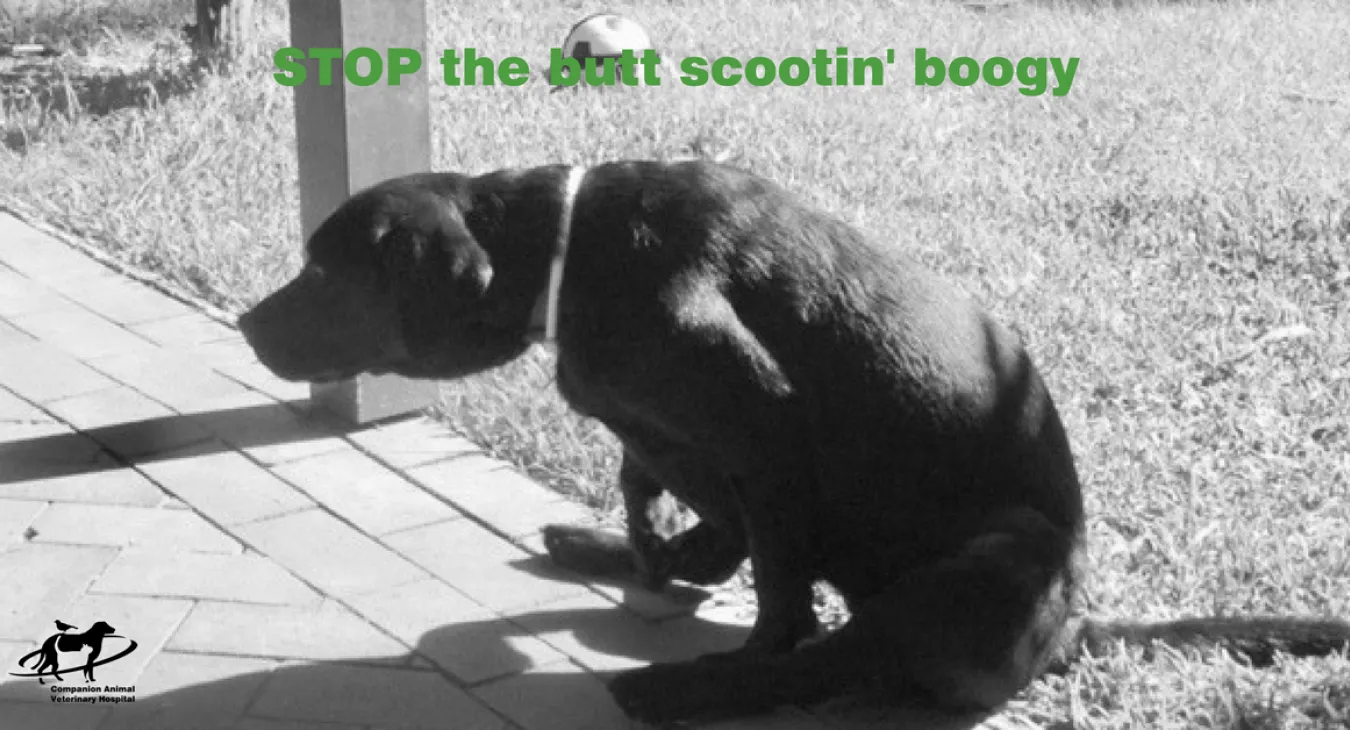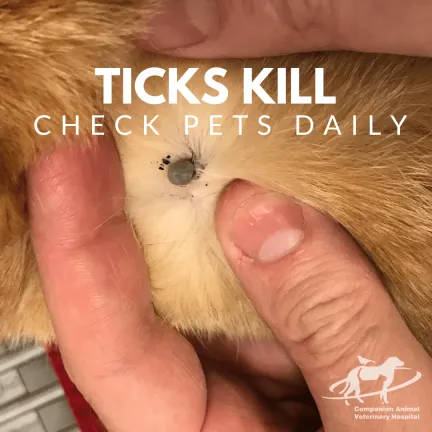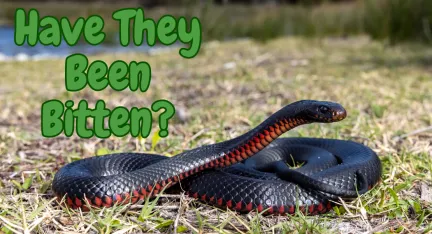Nothing out of a dog's butt smells great but there is a particular odour, once smelled, that will become imprinted in your olfactory memory for life. Anal sac secretions are a thick, oily, foul, fishy-smelling liquid that is produced in the anal sacs. The smell is truly distinctive and repugnant.
Anal glands are paired sacs each side of the anus that sit quite superficially between the external and internal sphincter muscles of the anus. The liquid is distinctive to the individual and allows for individual identification (butt sniffing) and territory marking (a little bit is expressed on each poo). Dogs and cats are not generally able to express their anal sacs voluntarily but may do so when frightened.
Most owners are unaware of their pets anal sacs because each time a normal, firm stool is passed, the sacs are compressed and a small amount of the liquid is expressed.
The issues arise when the sacs fail to empty, overfilling and potentially becoming impacted or infected.
The most common cause of overfilling is small or loose stools that fail to express the sacs after a motion. Animals with itchy skin seem to produce more secretions than others. Impaction is when the ducts block so no material can be expressed, this is generally uncomfortable rather than painful. Infection can eventually result, the sacs become swollen and painful and may form an abscess that can eventually burst through the skin.
Overfilling is often noticed by the foul smell that randomly emanates from your pet or the oily stain on the lounge. Increasing faecal size is often the first step in treating this problem. Impactions often lead to discomfort seen as scooting or chewing at the area of the sacs. If these behaviours are noted then having the anal sacs expressed is advised.
Infection can cause a red swelling to the side of the anus, with pain, fever and may burst with a bloody discharge. They require veterinary treatment.
Read more articles
- Log in to post comments



